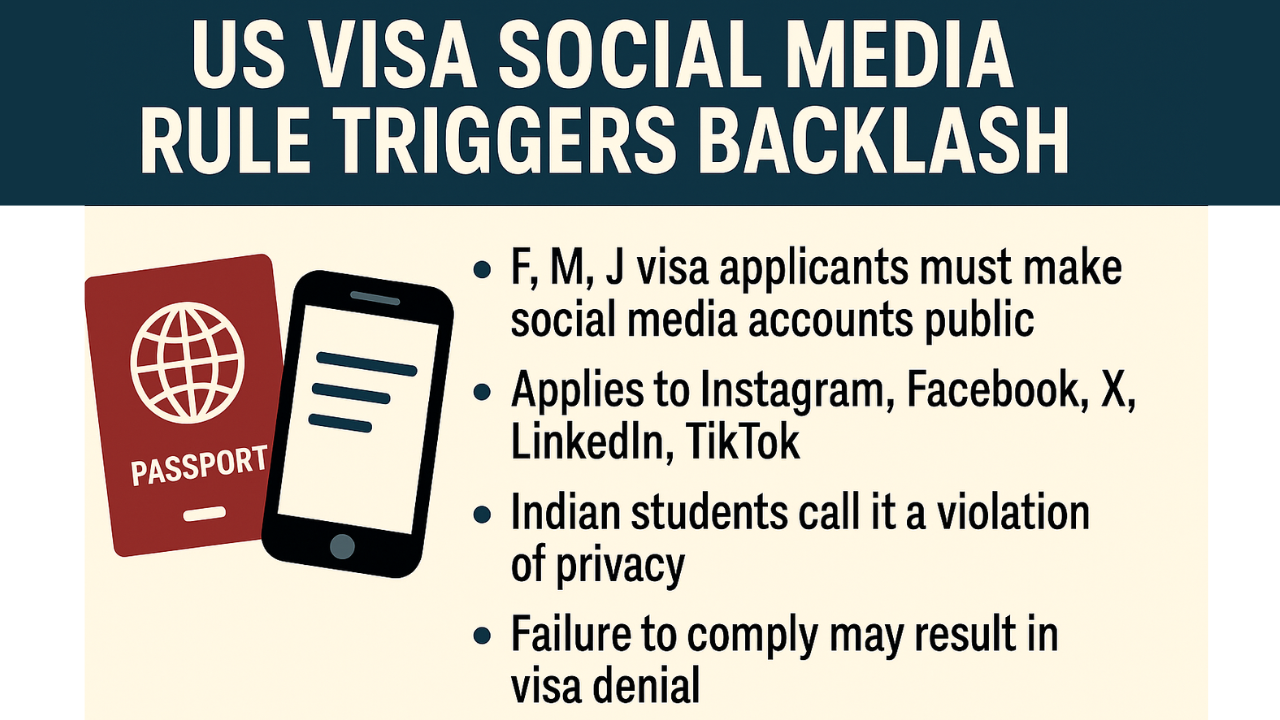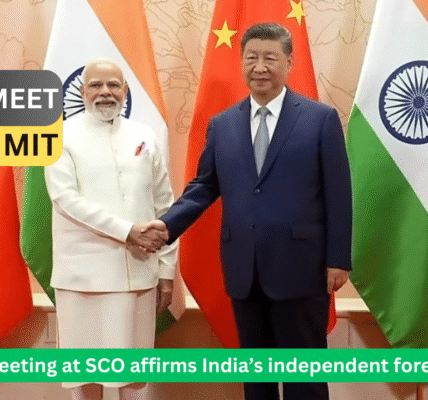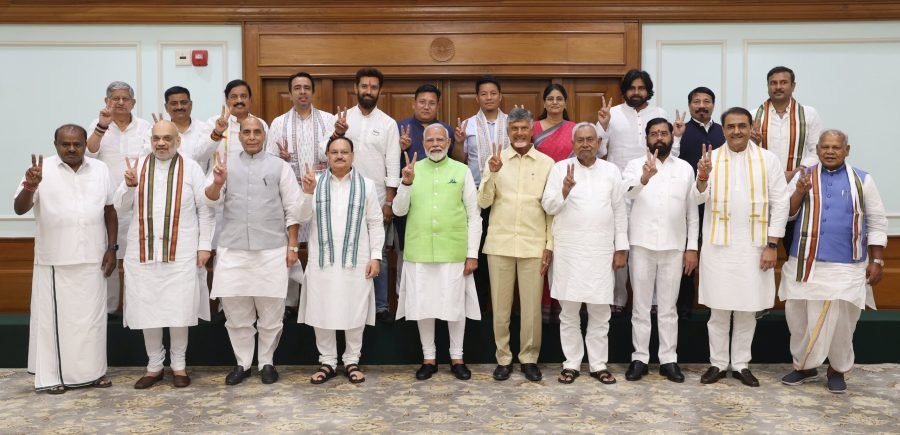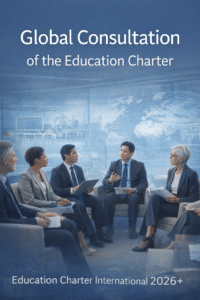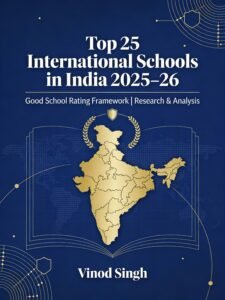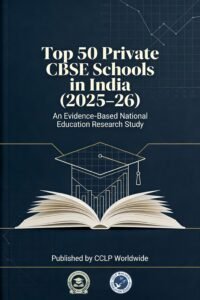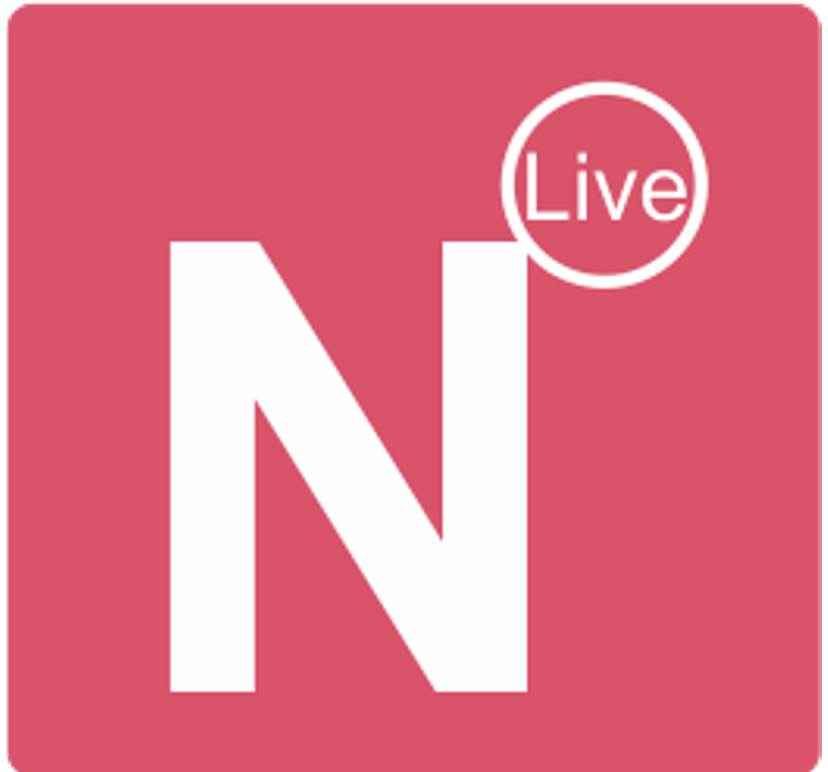US Visa Social Media Rule Triggers Online Backlash: Indian Students Raise Privacy and Free Speech Concerns
📰 News in Trend | Digital Identity Crisis: “But My Data Is Already with the CIA” — Netizens React to US Visa Social Media Rule
📍New Delhi | June 25, 2025
The US Visa social media policy has sparked a virtual uproar, especially among Indian students and aspiring scholars. In a sweeping directive that blurs the line between digital transparency and surveillance, the US State Department now requires applicants of F (academic), M (vocational), and J (exchange visitor) visas to make their social media accounts public—a condition that’s being seen as both intrusive and alarming.
📢 “Effective immediately, all individuals applying for an F, M, or J nonimmigrant visa are requested to adjust the privacy settings on all of their social media accounts to public,” read the announcement posted by the US Embassy in India on X (formerly Twitter).
US Visa social media policy
US Embassy
🔎 A Shift From Handles to Public Profiles
Though since 2019, applicants were required to list their social media handles, this is the first time they are being explicitly asked to make them public, affecting platforms like Instagram, Facebook, X, LinkedIn, and TikTok. The policy, according to officials, aims to enhance identity verification and prevent potential threats.
But the US Visa social media policy has opened a can of digital worms.
🧠 Netizens React: From Memes to Mass Surveillance Fears
Online, users responded with a mix of humour, concern, and dystopian dread over US Visa social media policy.
🗨️ “But my data is already with the CIA,” joked one Reddit user.
🗨️ “Imagine getting denied an F-1 visa over a 2017 duck-face selfie. #GenZProblems,” said another on X.
But others weren’t laughing.
🗨️ “So we’re really living Orwell’s 1984. Big Brother is now immigration,” wrote a concerned student on a study-abroad forum.
🎓 India Most Affected
India is the largest contributor to the US student population, with over 3.3 lakh Indian students enrolled in American institutions during the 2023–24 academic year. Nearly 60% are pursuing postgraduate degrees.
For these applicants, who often maintain active digital lives and express personal or political opinions online, the policy shift presents a high-stakes dilemma.
💬 “This will disproportionately affect Indian youth,” warned a Delhi-based immigration consultant. “A single post, meme, or misunderstood opinion can potentially derail a student’s future.”
🚨 Expert Concerns: Free Speech, Misinterpretation, & Algorithmic Bias
Critics argue that requiring public social media profiles creates a chilling effect on free speech, especially among students who may now self-censor.
“Today it’s public profiles. Tomorrow it could be your political views or cultural opinions,” said a Delhi-based privacy advocate.
The bigger concern: there’s no clarity on what content could be deemed “inadmissible.” Is it a meme, a joke, or a political critique? And will content be interpreted contextually or punitively?
📉 US Visa Social Media Policy – Business, Safety, or Censorship?
From a business standpoint, this policy could discourage talent inflow into the US, particularly from countries like India, where tech, healthcare, and academic aspirants dominate visa applications. Universities and employers alike might see a dip in diverse talent pools due to these digitally invasive requirements.
On the public health side, experts also warn of mental health consequences, particularly anxiety among students who now feel digitally policed.
✅ Key Takeaways of the US Visa Social Media Policy
- New Rule: The US requires public visibility of social media for F, M, and J visa applicants.
- Indian Students: The policy disproportionately impacts India, the largest source of US-bound students.
- Backlash: Netizens mock and fear the move, citing privacy erosion and free speech concerns.
- Business Angle: Experts warn this could affect talent mobility and international academic collaborations.
US Visa social media, F1 visa policy 2025, US student visa rules, social media surveillance, digital privacy visa, Indian students US, #USVisaSocialMedia #DigitalPrivacyCrisis #StudentVisa2025 #F1VisaIndia #StudyAbroadNews #SocialSurveillance
Recent Posts
- Sonakshi Sinha Backs Fans: “Without Paresh Rawal Hera Pheri 3 Is Incomplete l” | Nikita Roy to Release June 27
- Panchayat Season 4 Hit by Online Piracy Surge: Pirated Links Pose Big Cybersecurity Risks
- Novo Nordisk Launches Wegovy in India: Battle Begins in ₹1,500 Crore Anti-Obesity Drug Market
Discover more from
Subscribe to get the latest posts sent to your email.

